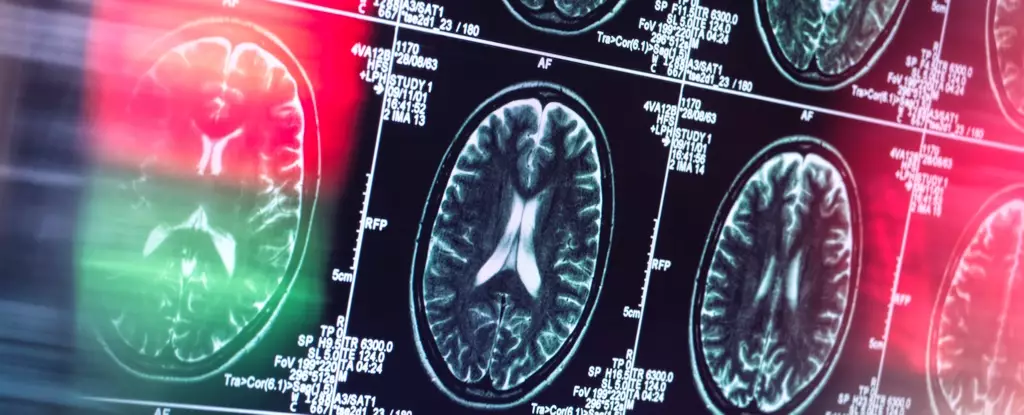In the pursuit of a cure for Alzheimer’s disease, the field is faced with increasing competition and controversies. Recent years have seen significant debates and challenges arise, such as the validity of key research papers and the approval of controversial treatments. With millions of individuals in need of effective therapies, the question remains – why is the quest for a cure for Alzheimer’s disease still fraught with challenges?
For years, scientists have focused on targeting beta-amyloid, a subtype of brain protein believed to be the cause of Alzheimer’s disease. This concentration on preventing the formation of protein clumps has dominated the field, leading to a lack of progress in drug development. However, there is a growing recognition of the need to shift away from this narrow focus and explore new perspectives on Alzheimer’s disease.
Researchers at the Krembil Brain Institute have proposed a novel theory of Alzheimer’s disease, challenging the traditional view of the condition as a brain-specific disorder. Instead, they suggest that Alzheimer’s is primarily a disorder of the immune system within the brain. The immune system, responsible for combating infections and promoting healing, may play a central role in the development of Alzheimer’s.
According to this new theory, beta-amyloid is not an abnormal protein but rather a normal molecule within the brain’s immune system. When the brain is under threat, beta-amyloid mobilizes to protect and repair damaged tissues. However, due to its similarities with bacterial membranes, beta-amyloid can mistakenly attack healthy brain cells, leading to a progressive loss of function and ultimately dementia. This autoimmune process may underlie the development of Alzheimer’s disease.
While conventional autoimmune therapies may not be effective in treating Alzheimer’s disease, researchers are optimistic about targeting other immune-regulating pathways in the brain. By developing innovative treatment approaches that address the immune system’s role in Alzheimer’s, there is hope for new breakthroughs in managing the disease.
In addition to the autoimmune hypothesis, scientists are exploring various new theories of Alzheimer’s disease. From mitochondrial dysfunction to brain infections to abnormal metal handling, there is a growing recognition of the complexity of the condition. With dementia affecting millions worldwide and posing a significant public health challenge, the need for innovative ideas and fresh directions in Alzheimer’s research has never been more urgent.
The quest for a cure for Alzheimer’s disease is ongoing and complex. With new theories emerging and traditional approaches being challenged, the field is at a critical juncture. By rethinking our understanding of Alzheimer’s as an immune-mediated disorder and exploring innovative treatment avenues, we may be one step closer to finding effective therapies for this devastating condition. The journey ahead will require collaboration, creativity, and a commitment to pushing the boundaries of scientific knowledge in the pursuit of a cure for Alzheimer’s disease.


Leave a Reply